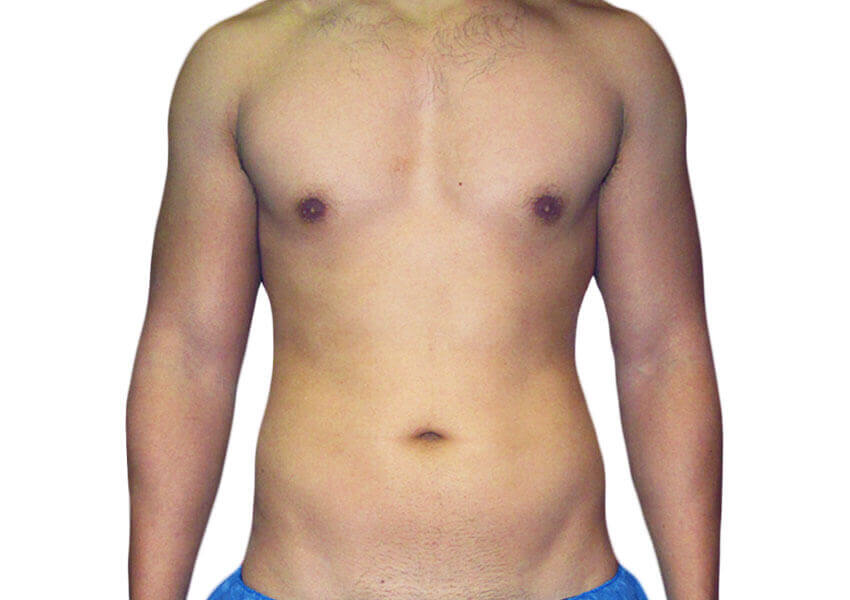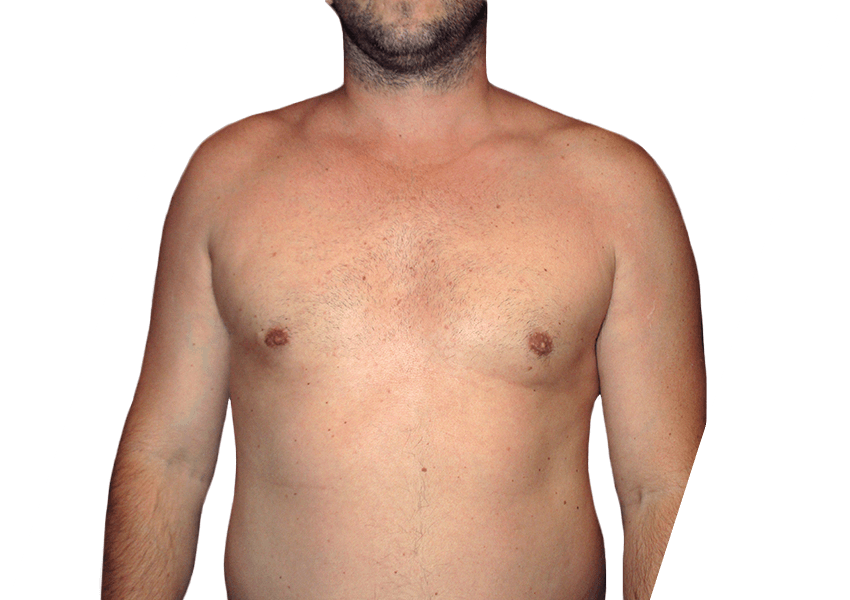Which Is Better, Tummy Tuck or Liposuction?
Liposuction and a tummy tuck are two distinct surgical techniques intended to improve the appearance of your midsection. Your stomach will appear smaller, tighter, and flatter after either procedure. Since they are both done by plastic surgeons and are regarded as "cosmetic," health insurance does not cover them.
Liposuction
Liposuction might be a suitable option for you if you want to get rid of small fat deposits. These are frequently located on the stomach, thighs, hips, or buttocks.
By removing fat deposits from the desired location, the procedure will improve contour and lessen bulges. Nonetheless, liposuction is not advised as a method of weight loss. Obese people shouldn't have liposuction.
Stomach reduction
A tummy tuck eliminates extra skin from the abdomen and excess fat. Excessive weight fluctuations or pregnancy can cause the skin around your stomach to sag. A stomach tuck can help you regain the appearance of a more toned and level midsection.

You may want to reanalyze a tummy tuck if:
-
- your body mass index is above 30
- you're considering getting expectant in the future
- you're energetically trying to lose weight
- you have a regular heart disease
How does the process work?
A plastic surgeon performs liposuctions and tummy tucks, which involve incisions and anaesthesia.
Liposuction
For this procedure, an intravenous sedative may be used on you. Your surgeon might occasionally anaesthetize your midsection with a local anaesthetic.
Your surgeon will make tiny incisions all around the location of your fat deposits once the area has been rendered numb. A small cannula tube will be inserted beneath your skin to release the fat cells. To Get More Details, visit Liposuction Near Me.
Stomach reduction
Your surgeon will use general anaesthesia to put you to sleep. They will make an incision at the base of the skin covering your abdominal wall after sedating you. Patients can decide if a surgeon is right for them by looking at tummy tuck before and after photos.
If the muscles in your abdominal wall stretch out, your surgeon will sew them together once the muscles are exposed.
What potential complexities exist?
Any surgery has potential side effects, but you should be conscious that there are unusual hazards associated with each procedure.
Liposuction
Your surgeon's risk of complications during liposuction increases if operating in a large area.
Risk Includes
Contour irregularities. The removed fat can occasionally leave a jagged or wavy mark on the outermost layer of your skin. The skin may appear less smooth as a result.
Buildup of fluids. Temporary fluid-filled pockets called seromas can develop beneath the skin. These will need to be drained by your doctor.
Fat embolism
When a Fat Grafting that has come loose breaks free, gets lodged in a blood vessel and travels to the brain or lungs, it causes an embolism.
Stomach reduction
Compared to other cosmetic procedures, there is evidence that stomach tucks carry a higher risk of complications.

Alterations in feeling
Your upper thighs' and this region's superficial sensory nerves may be impacted if you move your abdominal tissue. Numbness could be felt in these places.
Buildup of fluids
Similar to liposuction, transient fluid pockets may appear beneath the skin. These will need to be drained by your doctor.
Conclusion
While both liposuction and tummy tucks seek to enhance the appearance of the midsection, there are significant differences between the two procedures' intended outcomes and methods of operation. Laser fat removal uses heat from different types of laser energy to deliver heat to the fat cells.
The liposuction process is simple, low risk, and requires little recuperation time. A stomach tuck is regarded as a more involved procedure.
Comments
Post a Comment